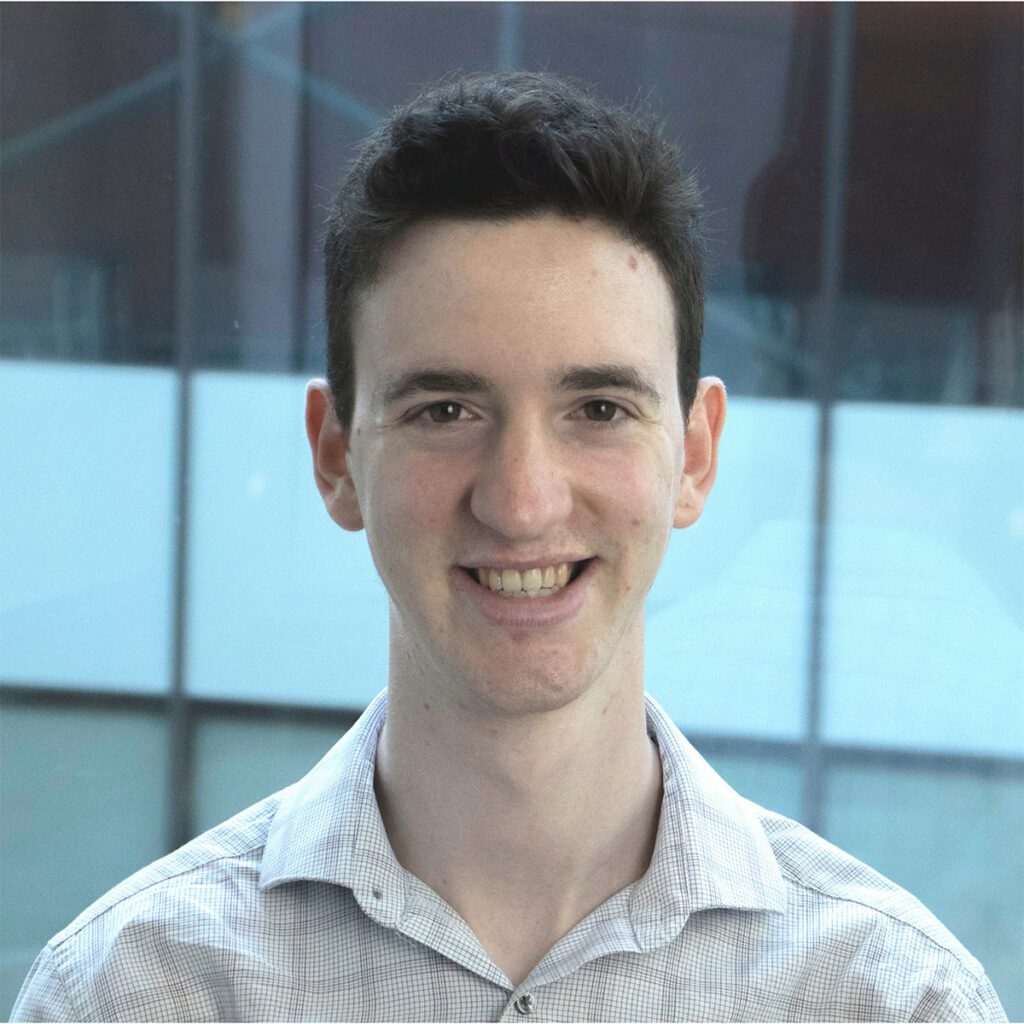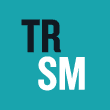
Ted Rogers School of Management Entrepreneurship & Strategy student Alex Ryzer discusses his startup business, LocalStudent, skills gained from his program, help he received from StartUp Certified and his future outlook.
When did you create your business and why?
LocalStudent co-founder Marko Semcesen and I have been in the home services industry for a combined 10years, doing everything from lawn mowing to window cleaning to dog walking. We soon realized that this type of work provided us with a high level of autonomy, great pay and the ability to fully choose our own schedule – all very important needs for a student.
During this time, we realized that most of our friends hated their jobs, where they were usually micromanaged, often paid around minimum wage and had inflexible hours.
We also found that homeowners and businesses always had tasks they needed done, but they were simply too busy to do these tasks themselves. Or, in the case of seniors, they were physically unable to. We soon realized that students’ and customers’ problems could be solved by simply connecting with each other. We set out to create an online platform where customers could hire local students to do services for them. In 2019, we launched LocalStudent.
How has being in Ted Rogers School’s Entrepreneurship program helped?
In the Entrepreneurship program at the Ted Rogers School, we learned design thinking and lean startup tools that we applied to our business, which helped us to quickly test our business model to see if it was viable. This allowed us to launch our business extremely quickly, while remaining cost efficient. After launching, we used the tools we learned to constantly test and iterate our business, and we are still using these tools today.
Why did you apply to the StartUp Certified Program?

I applied to the StartUp Certified Program after learning that I could get paid to work on my business, while getting mentorship and advice from the DMZ’s Executives in Residence.
What have you learned through the program that has helped improve your business?
Our experience in the StartUp Certified Program has been invaluable. Being in the DMZ ecosystem and getting to interact with their members on a daily basis has allowed us to learn a lot more than if we were just doing this ourselves.
When we face a problem at any given time, we can turn to a wide variety of people for advice, including other founders, DMZ staff and Entrepreneurs in Residence. Being in a startup environment where everyone understands each other’s problems has been one of the biggest benefits to being in the StartUp Certified Program. I highly recommend it to anyone who wants to start their own business.
What obstacles have you encountered and how did you overcome them?
There were three main challenges. First, our business started off extremely slow in the summer of 2019, as we only did $50 in sales in May, and $850 in June, after putting in hundreds of hours of work into the business. At this point, we had to choose whether to give up, or work even harder to make the business a success. We chose the latter and worked extremely hard for the next couple of months. We ended up doing over $10,000 in sales over those two months.

Over the summer, we had spent countless hours doing everything “manually,” from hiring students off of the Indeed job website, to knocking on doors to find customers, to inputting data on Google Sheets for each one of our 300+ jobs we did. Over the last few months, we have transformed our business from a service company to a tech company. We now have an automated online platform where customers can hire students with a few clicks of a button.
A third obstacle came this winter when we started doing snow shoveling. We had around 100 customers who wanted this service, and we quickly signed up hundreds of students to shovel snow. At this time, our insurance was set to expire, so we called our broker to renew it. However, we were informed that this would cost way more than we could afford – upwards of $25,000. We had to call up all of our customers to tell them that we could no longer shovel their snow, as well as inform our students. We learned valuable lessons from this setback, and immediately pivoted our business to focus on different services until we can afford to do snow shoveling again.
Future outlook

With automation and artificial intelligence set to threaten over 800 million jobs by 2030, we strive to provide students with an alternative to easily automatable jobs. Our mission is to help students find work that meets their needs, and our vision is to become the new way for students to find work. Bill Gates said he wants to have a PC on every desk; we want to have a student signed up on every street.
To view current job openings, or to hire a student, visit www.localstudent.ca.


